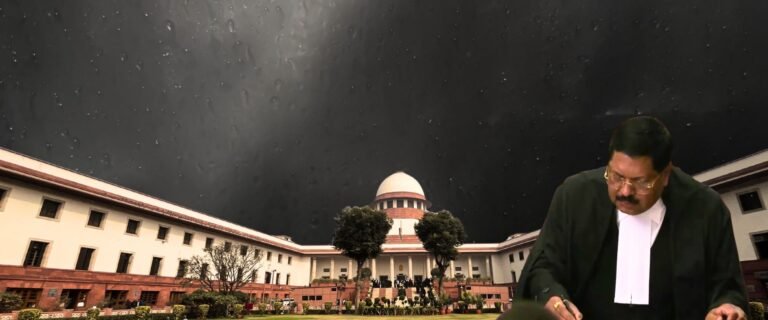
MBBS in Foreign
The restricted availability of home medical colleges and the attraction of foreign experience drive many Indian students nowadays to decide to earn an MBBS degree abroad. Still, a lot of challenges on this route could outweigh any expected benefits.
Problems of Language and Cultural Adaptation
Among the most important problems pupils have to pass is the language barrier. Medical courses taught in native language abound in many countries including China and Russia with MBBS programs. Before beginning their medical degree, students have to so spend an additional year learning languages like Mandarin or Russian. Apart from the duration of study, this raises the cognitive strain since grasping medical concepts in a non-native language might be difficult.
Apart from education, learning to live in another community has distinct challenges. Different general way of life, social traditions, and cuisine could cause noticable homesickness and discomfort. A thorough procedure, acclimatisation could influence a student’s academic performance and emotional condition.
Extended Term: Training and Learning
Usually, finishing an MBA abroad takes more time than one could have imagined. Usually running five to six years, the course rules out the year for language study prior. Returning graduates from India have to do a one-year internship in compliance with Medical Council of India rules. Sometimes pupils find themselves in their late twenties—about 27 or 28 years old—by the time they are let to practise. Apart from professional development, this long interval could lead to delays in other personal criteria.
Problems with Licensing Exams
One major obstacle is the Foreign Medical Graduate Examination (FMGE), a necessary licencing test for medical graduates holding foreign degrees. Figures reveal a sad reality: between 2015 and 2017, just 14.22% of candidates passed the FMGE. Particularly China and Russia graduates from had pass percentages of 11.8% and 12.9%, respectively. These figures illustrate the difficulty of the test and beg questions about the quality and fit of medical education obtained abroad with Indian medical standards.
Financial Results
Students still have to evaluate the overall financial outlay even if lower tuition at overseas colleges draws significant attraction. Apart from education, fees cover accommodation, food, language courses, and other living needs. Moreover, the additional year spent learning languages and the following internship in India suggest students’ financial need for a longer period of time before starting income generating.
Corrective Guidelines and Engineering
Foreign institutions have somewhat distinct criteria for the facilities and quality of medical education. Some institutions might not offer the same level of clinical knowledge or access to modern medical technologies as seen in India. Developing basic clinical skills—which are rather crucial for a successful medical practice—can be difficult depending on limited practical experience.
One should give these challenges serious thought even if the concept of obtaining an MBA abroad appeals. Among the several factors influencing one’s medical profession are language barriers, long study pathways, rigorous licencing tests, financial responsibilities, and possible changes in educational quality. Prospective medical students should research a lot and consider all elements before deciding on such a major course of action.






